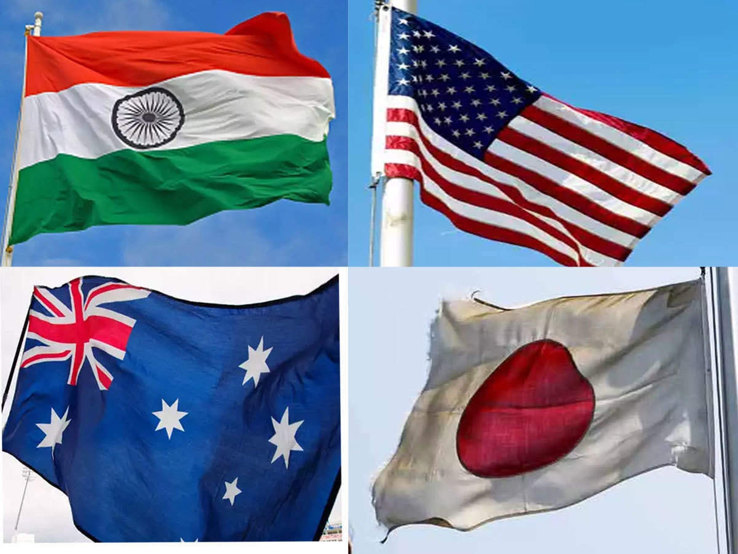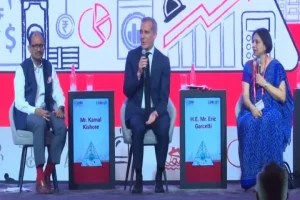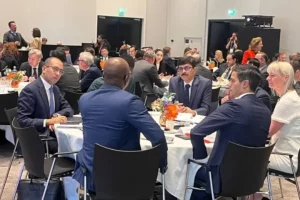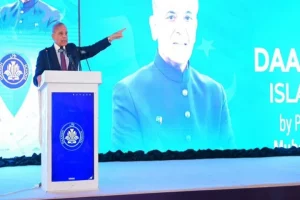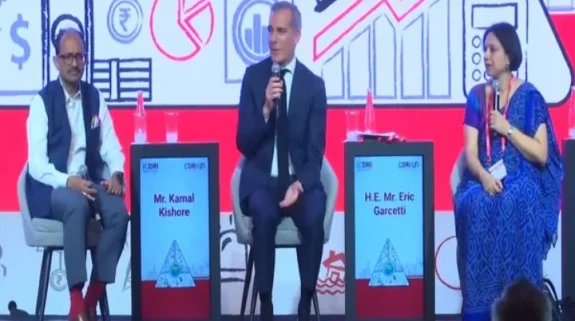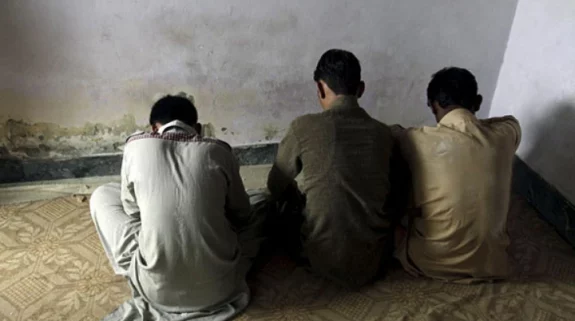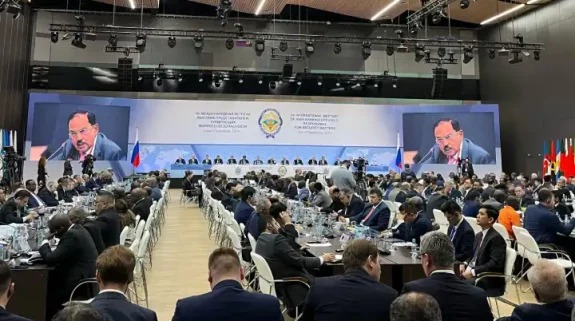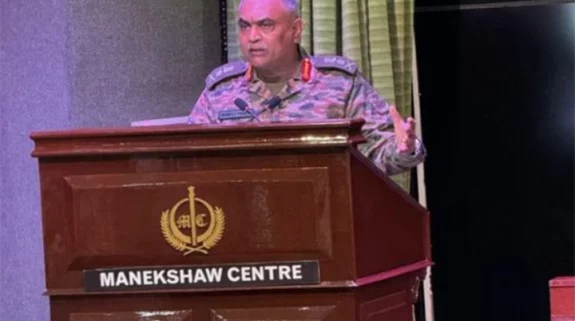US President Joe Biden has said that the four Quad countries—India, the US, Japan and Australia—should hold their 'first in-person meeting' in the US in September. This meeting of the four leaders will follow the online summit that had taken place in March this year.
Japanese news agency Kyodo reports that by proposing a face-to-face meeting, Biden is seeking to build "a position of strength" to directly engage with Chinese President Xi Jinping, possibly on the sidelines of the Group of 20 summit in Rome in late October. Quoting diplomatic sources, it says that the Quad summit is likely to take place after the UN General Assembly meets in September.
Will an 'in-person Quad meeting' of the four leaders—Biden, Indian Prime Minister Narendra Modi, Japanese Prime Minister Yoshihide Suga and Australian Prime Minister Scott Morrison—hold significance and why is it important for India? Also, this meeting is being proposed just six months after the first virtual meet. So, is there an urgency?
India Narrative spoke with Namrata Hasija, Research Fellow, Centre for China Analysis and Strategy, about the significance of the Quad meeting. Hasija says: "Quad has taken almost ten years to materialise. Even when the four nations met in 2017 with Donald Trump as the US President, they did not issue a joint statement. The participating nations released individual statements over respecting a rules-based order in the Indo-Pacific. All this while, the Quad has been more of talk than action".
She says that an in-person meeting of the four leaders shows the importance over evolving a concrete Indo-Pacific strategy. "Now the four countries are getting serious about framing a concrete plan of action on how to tackle China. An in-person meeting will give a push to the agenda in the Indo-Pacific region which is becoming important by the day", says Hasija.
Much action is taking place in the vast Indo-Pacific region which spans from east Africa to the Pacific islands. Lately, Japan has been raising a flag to the rest of the world, particularly the democracies of the US, Europe and India about how China's actions in the region are creating tensions and could lead to a global problem. Japan has highlighted that a military conflict could take place if China is not restrained from attacking Taiwan.
The tensions in the region have caught the attention of nations like the Netherlands, Germany, France and the UK, all of who have revised their foreign policies keeping an aggressive China in mind.
In a signal to China that military hegemony will not be accepted on the high seas, European countries are sending their warships to the region. The UK’s Queen Elizabeth aircraft carrier group is currently in the region to hold freedom of navigation exercises with friendly nations like India and Japan.
France sent a nuclear submarine this February to the disputed South China Sea where it held exercises with the navies of the US, Australia and Japan.
Last year Japan had invited Germany to send its warships to the region to participate in exercises with the Japan maritime forces as well as assert the right to freedom of navigation in the seas.
Regarding India, Hasija says: "We have to remember that India is not an ally of the US or Japan. We follow an independent policy. However, it is time that India develops a strategy towards China. I feel that now is the time that India begins to take the Quad seriously and the idea behind the formation of such a grouping".
Also, the Quad online summit focussed more on the coronavirus pandemic and how the four nations could help the region provide vaccines to tackle the pandemic which has cast a big blow to economy and governance. The September Quad meeting will take the agenda forward and look at more strategies to taken on China on multiple fronts—infrastructure, supply chains, military strategy and forging newer partnerships with nations in South-East Asia as well as Europe.
A face-to-face meeting is likely to help the four nations to evolve better strategies to counter China.






